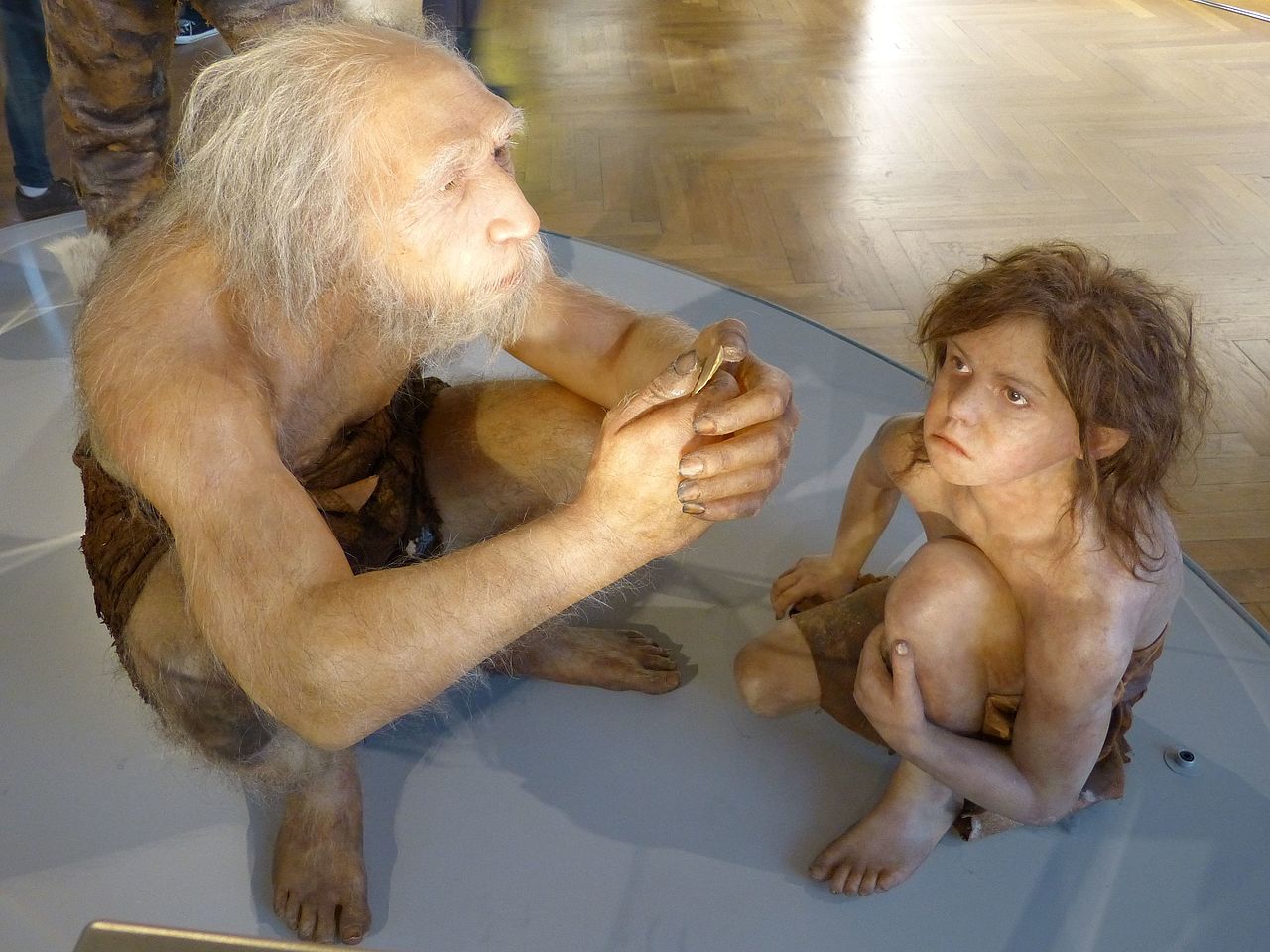
Study implicates Neanderthal DNA in autism susceptibility
On Jun. 24, 2024, collaborative research involving two Clemson University scientists has found that some genetic traits modern humans inherited from Neanderthals could increase a person’s susceptibility to autism.
People with autism don’t have more Neanderthal DNA than those who do not — most modern humans have an average of around 2-3% Neanderthal DNA.
Instead, the researchers from Clemson and Loyola University New Orleans discovered that some Neanderthal-derived variations are more common in people with autism than in the general population. The study suggests long-term effects of ancient human hybridization on brain organization and function.
Neanderthals emerged in Europe as far back as 400,000 years ago. Modern humans, Homo sapiens, arrived in Europe (from Africa as well) about 54,000 years ago. The two species interbred. Fourteen years ago, the first whole-genome sequence of the Neanderthal genome was published after scientists extracted DNA from the bones of three female Neanderthals that were discovered in a cave in Croatia.
Since then, scientists have associated Neanderthal DNA to several human health conditions, including autoimmune diseases, prostate cancer, Type 2 diabetes, skull morphology, depression and protection against schizophrenia.
In this study, the researchers used data from publicly available data bases: Simons Foundation Powering Autism Research (SPARK), which includes autistic individuals and their unaffected siblings; Genotype-Tissue Expression (GTEx) and 1000 Genomes (1000G). They found specific Neanderthal genetic markers were enriched in people with autism compared to ethnically-matched control groups.
The researchers —which included co-author Loyola University New Orleans Assistant Professor Emily Casanova and Rini Pauly, a Ph.D. candidate in the CU-MUSC Biomedical Data Science and Informatics program — found 25 genetic markers linked to brain development that were more common in people with autism. Feltus said the research could lead to earlier diagnostics. Detailed findings were published in the journal Nature: Molecular Psychiatry in an article titled “Enrichment of a subset of Neanderthal polymorphisms in autistic probands and siblings.”
Tags:
Source: Clemson University
Credit:
